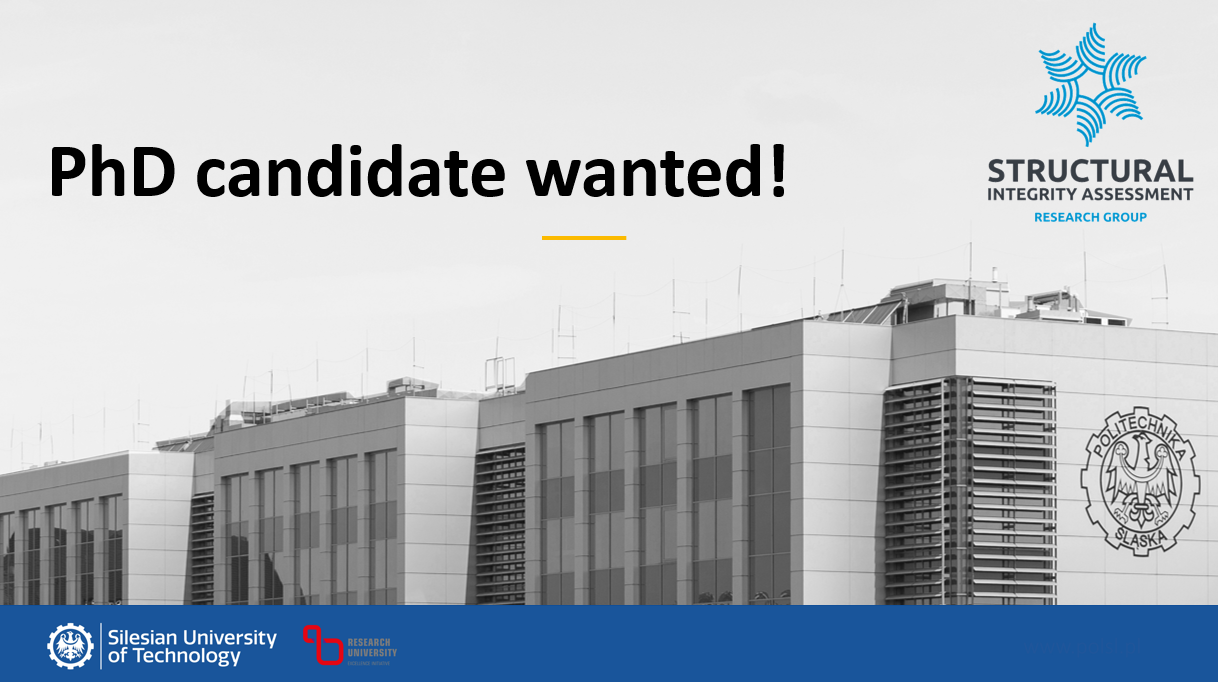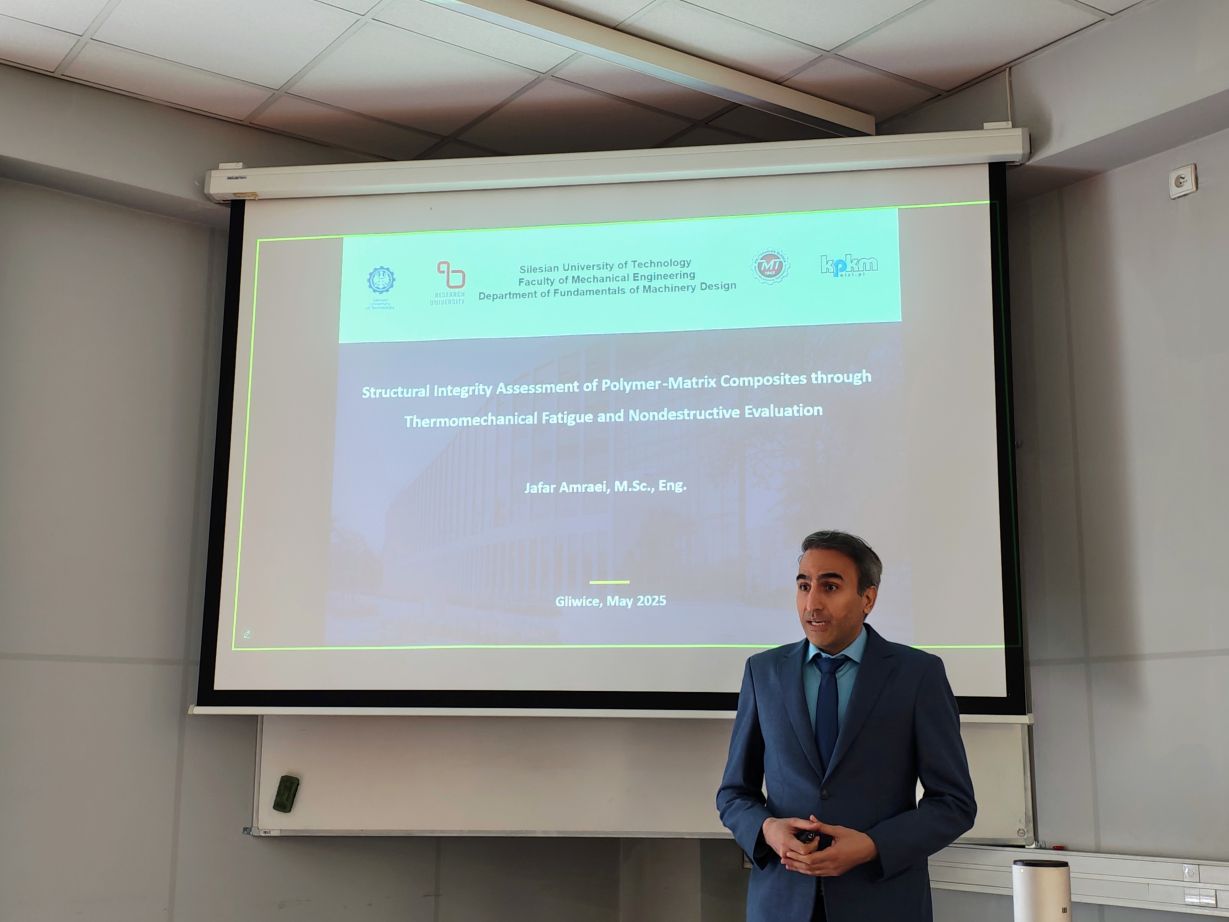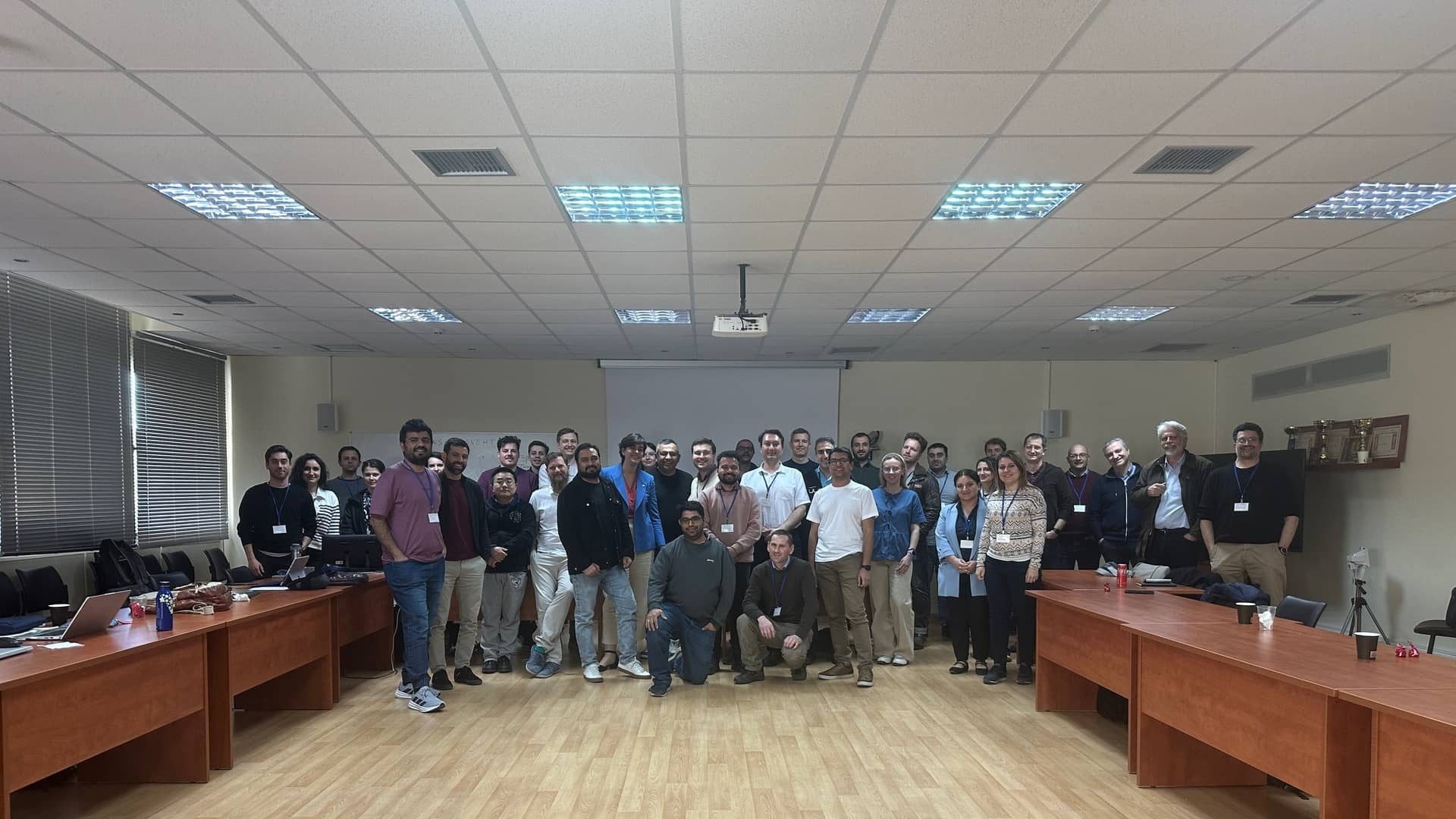
Open fully-funded PhD position in SIA RG
26 May 2025Structural Integrity Assessment Research Group is looking for a PhD candidate to implement research on non-destructive testing using self-heating based vibrothermography technique on fully-funded PhD position. Candidates from all countries are welcomed. For details see Opportunities.






